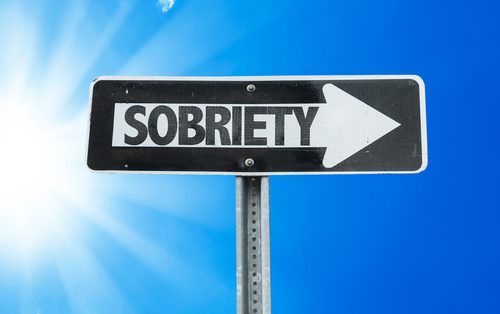
What If I Drink Alcohol and Abuse Cocaine?
If you drink alcohol and abuse cocaine, you have what is referred to as concurrent addiction.This occurs when an individual is addicted to one or more substances at the same time. Alcohol and cocaine are often used together to counteract the effects of each.
Cocaine provides a euphoric high and alcohol can intensify this high. Alternatively, cocaine is used to decrease the effects of alcohol. Alcohol is also used for a person to come down off the high of the cocaine. Many individuals have trouble sleeping after using cocaine, and the alcohol will help them sleep. Others may not enjoy the depressive symptoms of alcohol and use cocaine to feel “up”.
Cocaine and alcohol might seem like a great combination because of the effects of each; however, there are a few things to consider. The risk of sudden death is 20 times greater for using cocaine and alcohol together versus using cocaine by itself. No one can predict what will happen when these two substances are used together because they are so unlike each other. Some cocaine users will only use the drug when they are drinking, which can be dangerous.
Cocaine reduces the perception of drunkenness, which can lead to excessive drinking. Research indicates that concurrent alcohol and cocaine use can lead to an increase in violence.
There are several symptoms of alcohol and cocaine abuse including headaches, anxiety, irritability, risky sexual behavior, nausea, vomiting, and chest pain to name a few. Long-term alcohol and cocaine abuse can lead to nosebleeds, malnutrition, hoarseness, loss of sense of smell, and paranoia.
Combining cocaine and alcohol produce a substance in our bodies called cocaethylene. This substance is very toxic and life-threatening. No other drug used with alcohol produces this substance. Cocaethylene is produced by the liver when cocaine and alcohol are present.
As with any substance use disorder, treatment for alcohol and cocaine abuse is available and both are treated at the same time. Treatment centers typically integrate concurrent substance use disorders as they would with other co-occurring disorders such as substance use and mental health disorders. An integrative treatment approach is important so that both cocaine and alcohol abuse can be treated. In addition, an integrative approach will ensure that you receive appropriate treatment to prevent relapse of either the drug or the alcohol.
Treatment might include detox, individual therapy, group work, and 12-step meetings. During the intake process, concurrent alcohol and drug use will be assessed. A substance use professional will work with you to discover the reasons for drinking and using drugs. Your treatment plan will include recovery from both addictions.






